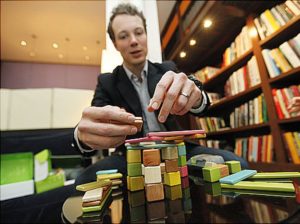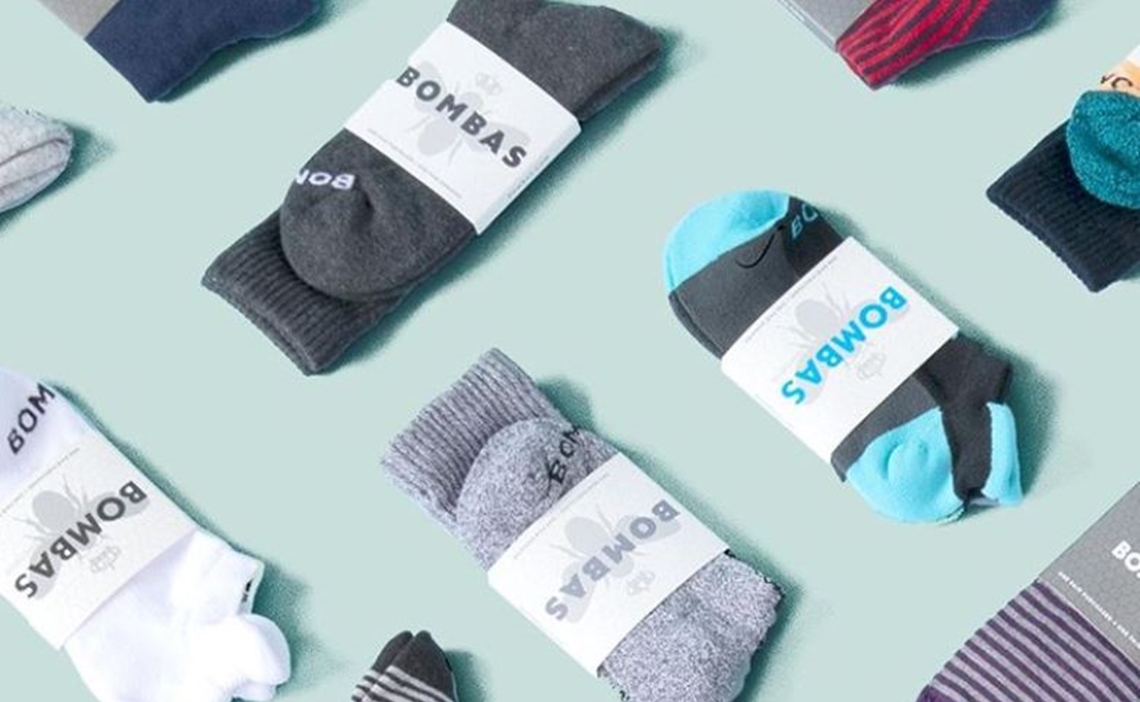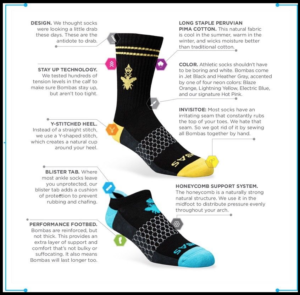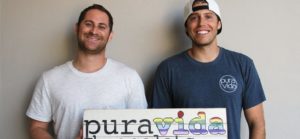After a mission trip to Zambia, millennial entrepreneur, Dustin McBride, began brainstorming ways to meet a few critical needs that he experienced there: access to transportation as well as sustainable employment. This eventually lead to the formation of Zambikes, a company that builds and sells bikes in Lusaka, Zambia. This company meets the needs of many Zambians by providing job opportunities in an environment that encourages financial and personal development and by providing greater access to one of the most affordable and practical mode of transportation in Zambia.
McBride is driven by his love for God and his desire to serve Him by meeting the needs of others. This passion, along with the many entrepreneurial traits he displays, has allowed his company to be successful. McBride began by identifying a problem that Zambians were facing, and then addressing the problem in a way that appealed to the people’s needs. Then he took an idea that was already established and started innovating to develop new ideas. He noticed that the most common form of transportation among Zambians were bikes, because very few could afford cars. However, bikes were also in limited supply and many families did not have access to bikes. In addition, there was a great need for ways to transport goods to and from the market to sell, as well as ways to transport sick people to and from the medical center. With this in mind, McBride developed two bike attachments to meet these needs. One was a cart designed to haul goods and the other was a cart designed to carry people to and from the medical center. This is a great example of innovating a current product to better meet the needs of the people.
McBride is a unique example of an entrepreneur because he is not only in the business of improving a product, he is also in the business of improving lives. Zambikes improves the quality of life for Zambians by providing transportation that is less time consuming that walking, which allows them to be more productive with their time. It also allows for more direct access to health care by providing quick and safe transport. Most importantly, Zambikes provides vital employment opportunities to the community that go far beyond earning a respectable wage. The company empowers their employees by providing them with skills training, opportunities for advancement, an environment that encourages personal development as well as spiritual growth, and the ability to create sustainable businesses themselves. Zambikes is truly changing Africa one bike at a time!
Sources:
https://www.trendhunter.com/trends/dustin-mcbride
https://www.facebook.com/zambikes/




 other taught her to cook when she was five years old. In 2008, her father was diagnosed with type 2 diabetes. Since then, she and her family became devoted to living a healthy life, in their eating and lifestyle choices. Since then, they have been able to reverse her father’s diagnosis of type 2 diabetes.
other taught her to cook when she was five years old. In 2008, her father was diagnosed with type 2 diabetes. Since then, she and her family became devoted to living a healthy life, in their eating and lifestyle choices. Since then, they have been able to reverse her father’s diagnosis of type 2 diabetes.

 ky, buzzing, and can cause a pretty painful sting. Lemonade, it’s a tasty, cool, refreshing drink on a summer’s day. The two don’t have much in common but, Mikaila Ulmer decided to bring these ideas together with her business Me and the Bees Lemonade. Mikalia Ulmer was born in Austin, Texas to parents who inspired her to be innovative.
ky, buzzing, and can cause a pretty painful sting. Lemonade, it’s a tasty, cool, refreshing drink on a summer’s day. The two don’t have much in common but, Mikaila Ulmer decided to bring these ideas together with her business Me and the Bees Lemonade. Mikalia Ulmer was born in Austin, Texas to parents who inspired her to be innovative.